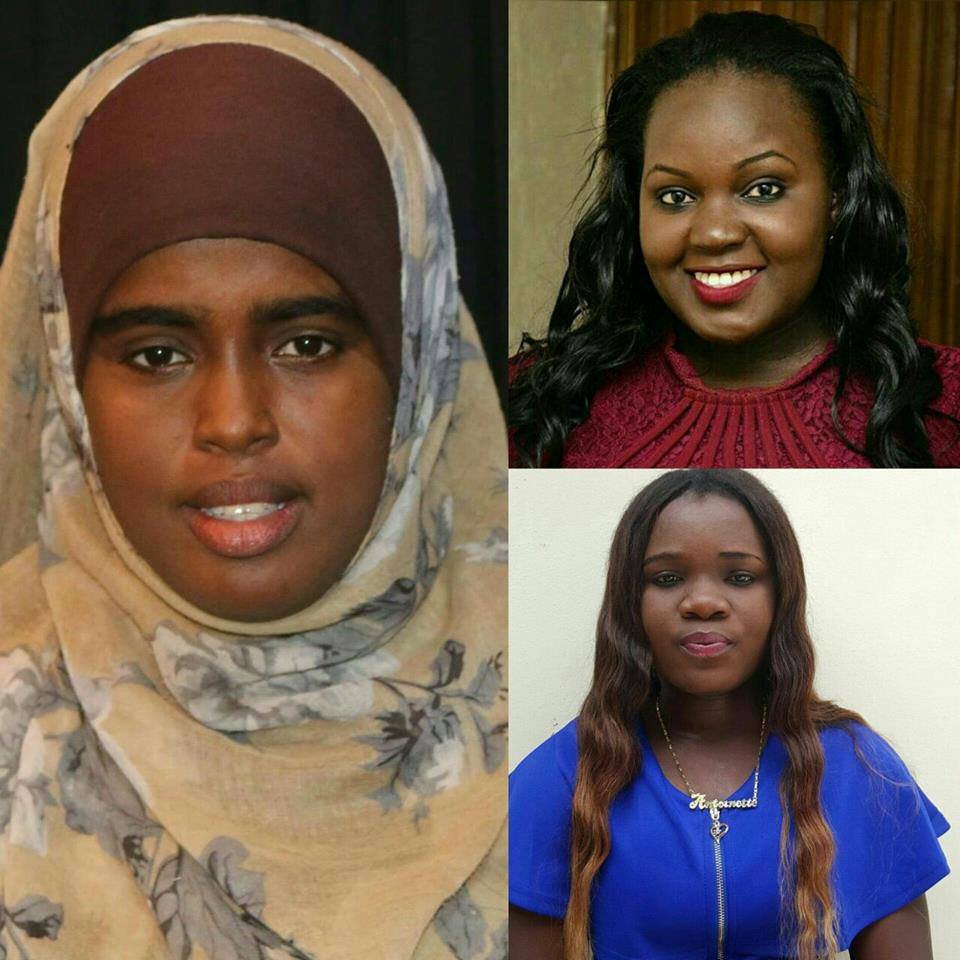March 8 each year is celebrated as International Women’s Day (IWD). The day is set aside to celebrate the achievements and contributions of women across the globe as well as highlight the challenges they face in society. The theme for this year’s celebration is “Women in the Changing World of Work: Planet 50-50 by 2030.”
To mark this year’s IWD, the African Freedom of Expression Exchange (AFEX) brings you the experiences of three female journalists working in Somalia, Uganda and Liberia that highlight the daily challenges and dangers women journalists encounter in carrying out their duties in their respective countries.
Somalia has been described as one of the most dangerous places for journalism practice. Given the security situation in the country, women are particularly vulnerable. In 2015, a female journalist who worked with Radio Mogadishu was killed in a car explosion. Six months later, another female journalist working with the same station was killed by unknown armed men.
Nimo Hassan Abdi, Chairperson of Somali Women Journalists Club shares with AFEX some of the challenges and threats she faces as a woman journalist in Somalia.
“I feel very frightened as a female journalist, I can’t stay in the same house for more than a week because I am afraid other people will identify me as a journalist and attack me,” lamented Nimo.
In addition, Nimo mentioned difficulty in getting a job as a female journalist, the tendency to be discouraged by prejudice, cultural and religious beliefs to venture into journalism, low salary as compared to men and inability to report on issues of abuses against women due to fear and intimidation as major daily challenges of Somali female journalists.
Another female political and investigative reporter working with NBS Television in Uganda, Bahati Remmy indicated that most women journalists lacked the courage and enthusiasm to cover important events such as riots or protests which are mostly perceived to be male domains. Bahati was one of the journalists arrested in 2016 by Ugandan police for covering events at the residence of opposition leader, Kizza Besigye after the country’s the elections.
Bahati added that the traditional role of women as caregivers also hinders their active engagement in the media profession. She urged more women to enroll in journalism courses and be trained to become media professionals.
The Secretary General of the Female Journalists Association of Liberia, Antoinette Yah Sendolo, told AFEX that male attitude towards women journalists tend to underrate the capabilities of their female counterparts in Liberia.
“It is yet to be understood by most people including news makers, managers and even male journalists that being a female journalist doesn’t in any way makes you less a journalist,” she said.
She further indicated that women in the media are sexually harassed both verbally and physically by newsmakers nearly on a daily basis. “Female journalists in Liberia are also placed in lower positions in newsrooms and are paid lesser than their male counterpart, not necessarily because they are not qualified or competent but because of their gender and how society perceives them,” Antoinette added.
As the world marks this day, AFEX wishes to commend all women journalists, media professionals and activists who have remained steadfast in their duty of informing and educating the public.
AFEX calls on governments and stakeholders across the continent to work together to ensure that women journalists and media professionals are free to carry out their work in a safe environment in their respective countries.
We urge authorities, stakeholders, media owners, media professionals, activists and citizens in Africa to join forces to promote freedom of expression rights of women as well as support women to venture into journalism.




